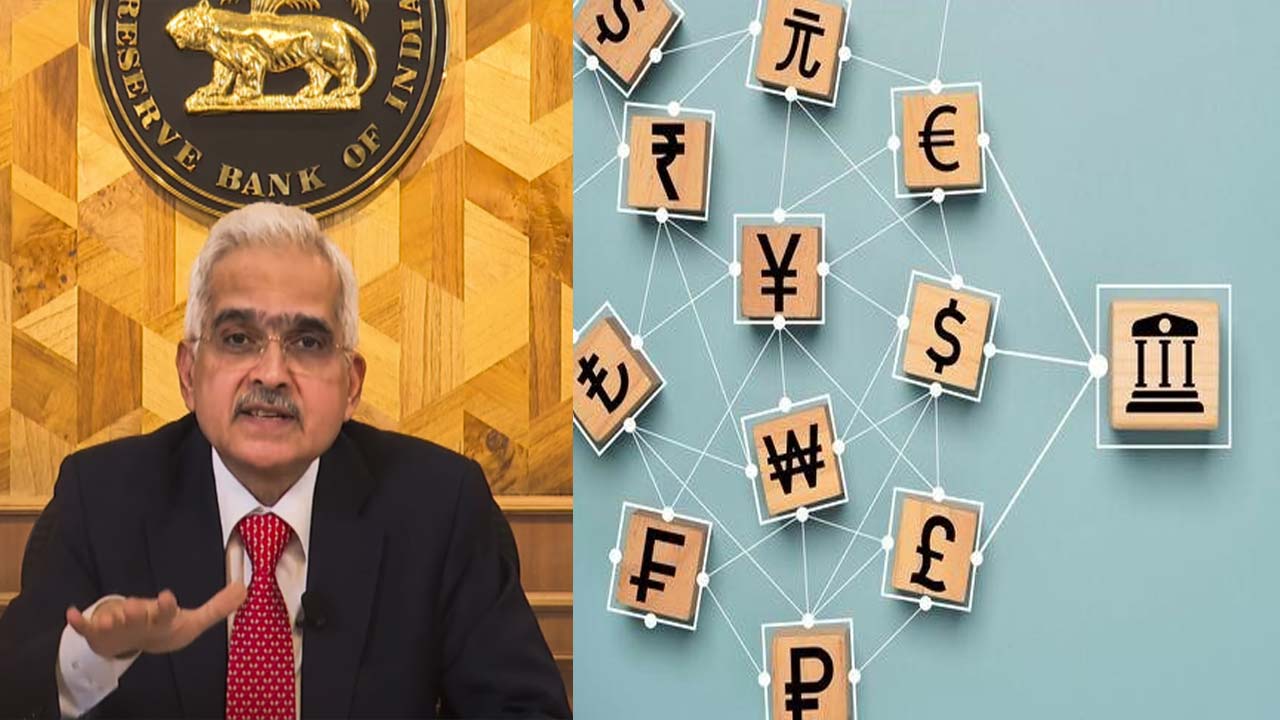
The Reserve Bank of India (RBI) has raised the interest rate caps on Foreign Currency Non-Resident (FCNR-B) deposits to attract more capital amid the rupee's volatility. Effective December 6, banks can now offer up to 400 basis points for 1-3 year deposits and 500 basis points for 3-5 year deposits, until March 31, 2025.
This decision comes as the rupee faces pressure against the US dollar, with RBI using forex reserves to manage fluctuations. The rate increase aims to incentivize NRIs to deposit funds in India, enhancing capital inflows and providing the RBI with more leeway to control the rupee's value.
FCNR (B) deposits, which allow NRIs to maintain fixed deposits in foreign currencies, offer protection against currency fluctuations. Banks offer deposits in currencies like USD, GBP, Euro, and more. These deposits come with a tax-free interest in India, and premature withdrawals may have specific conditions.
RBI Governor Shaktikanta Das highlighted that the rupee depreciated by 1.3% in recent months, mainly due to a stronger US dollar and foreign investor sales.
What is an FCNR (B) Account? FCNR (B) accounts allow NRIs to maintain fixed deposits in foreign currencies, securing funds against currency fluctuations. Deposits are available for tenures ranging from one to five years and are tax-free in India.





















